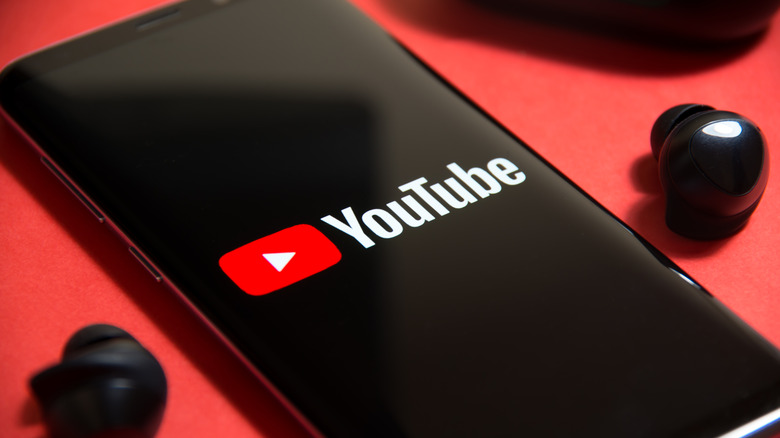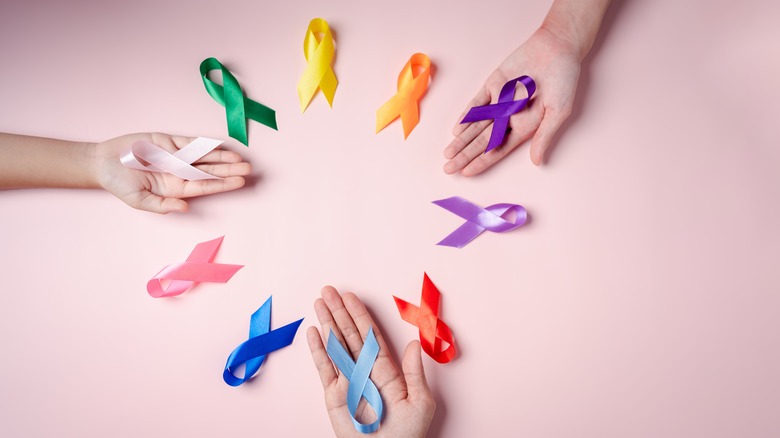YouTube's Bolstered Misinformation Policy Targets Bogus Cancer Treatments
Social media platforms, for all the good they do in bringing us together, have also long served as a hotbed for various forms of misinformation — ranging from annoying gaslighting, to full-on dangerous lies. In the last few years especially, with the rise of the COVID-19 pandemic, medical misinformation in particular has been a major concern for most platforms.
One of the biggest misinformation problems can be found on YouTube, where misguided or malicious users deny medical science and recommend hazardous pseudo-treatments. YouTube has spent years trying to put a stop to these practices, and today, reaffirmed its drive to continue doing so.
In a post on YouTube's official blog, Dr. Garth Graham and Matt Halprin — YouTube's Director and Global Head of Healthcare and Public Health Partnerships and VP and Global Head of Trust and Safety, respectively — outlined new efforts to bolster the platform's efforts to stamp out medical misinformation. Video content suspected of spreading misinformation will be judged against accepted health information from confirmed medical authorities like the WHO.
The lynchpin of these new policies is a three-category system designed to target particular types of misinformation. These include prevention misinformation (incorrect info about the means by which individuals can prevent diseases), treatment misinformation (incorrect info about how diseases can be treated), and denial misinformation (incorrect info that outright denies the effects or existence of a disease).
Targeting cancer misinformation
A major aspect of YouTube's new misinformation policies is centered around info related to the treatment of various cancers.
"When cancer patients and their loved ones are faced with a diagnosis, they often turn to online spaces to research symptoms, learn about treatment journeys, and find community," Dr. Graham and Halprin said in their post. "Our mission is to make sure that when they turn to YouTube, they can easily find high-quality content from credible health sources."
Going forward, YouTube will be making a concentrated effort to remove any video content that either promotes bogus, potentially harmful cancer treatments, or discourages those who may be afflicted with cancer from seeking professional medical help.
Content that debates cancer information or treatments will not be banned outright, so long as the content in question is of a strictly educational, scientific nature. Exceptions will also be made for things like patient testimonials and medical studies, even if they contradict established information.
To provide a viable alternative to misinformation videos, YouTube will be working with prominent medical institutions like the Mayo Clinic to curate an official playlist of informative content on the nature and treatment of cancer.

